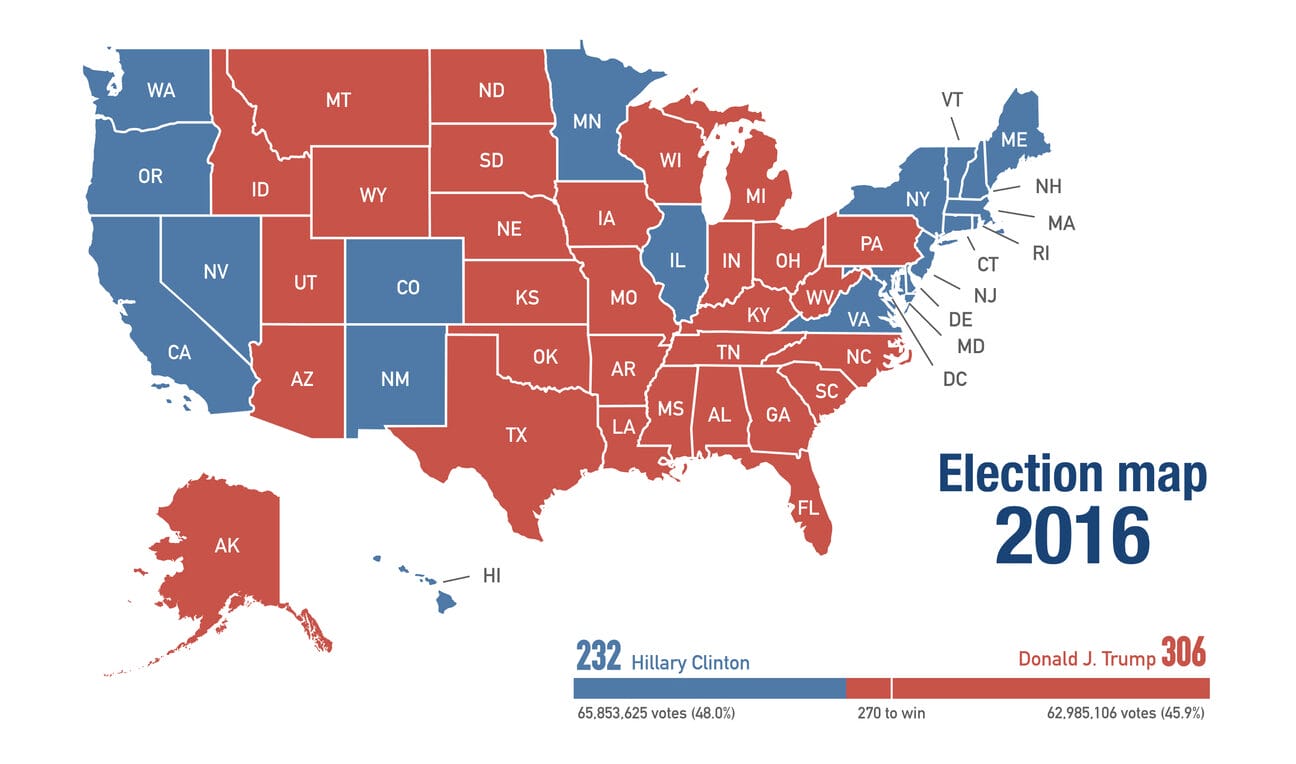Does the political show horse need to be put out to pasture?

Outlandish antics from federal lawmakers, whether it’s pulling a fire alarm to stop a vote or cringy catfights in committee hearings, might be falling out of favor with voters. Two from the clique of left-wing Congress members known as the “the squad” – lost their 2024 primaries. Yet, plenty of dysfunction exists on the other side in Congress as federal spending continues to spiral out of control and dysfunctional Speaker of the House votes become normalized. One recent occurrence may accelerate the downfall of unserious federal representatives: The U.S. Supreme Court’s reversal of Chevron deference, which will require members of Congress to be more like workhorses, and less like show horses.
As American Enterprise’s Philip Wallach explained in a C-SPAN interview last year, “. . . show horses are the ones who see their time in Congress as a way to get more famous, as a way of establishing a national brand for themselves.” It’s become painfully clear that both political parties maintain stables of show horses in D.C. Show horses kill consensus because they demand that every single one of their conditions are met. If their demands don’t materialize, they still get plenty of applause and donations from like-minded ideologues. The workhorse, in contrast, does the actual work of cultivating policy expertise and negotiating to yield solutions that—while not making purists in either party happy—move policy in a positive direction. If we are to rein in runaway spending or rescue federal entitlements from insolvency, it will be workhorses who lead the way.
With Chevron overturned, Congress and the states are going to need workhorses capable of compromising to pass legislation that reflects the consent of the governed instead of relying on federal agencies to make the rules. Those efforts will require more legwork in committees and investment in knowledgeable legislative staff over social media mavens and public relations gurus. Likewise, congressional members should strive to serve their constituents and region over demands from party bosses and interest groups to pressure them to think or vote a certain way.
Pushing authority to states, where leaders often have more knowledge about how to tailor policies to local needs, will be another workhorse move. It’s unrealistic to expect workhorses to remake Congress during a hyper-partisan era that rewards show horses, but they can steer the country toward rational decision-making by returning, wherever possible, authority to states and communities. It’s much easier to build consensus and govern effectively in communities, which is why workhorses tend to thrive there. America’s federalist system has the added benefit of allowing California and Kansas to pursue different policies without having to wage a winner-take-all battle in Washington, D.C.
Most show horses reject federalism because it hinders their ability to hold an entire nation hostage to ideological purity.

Problem solving, and consensus building is happening in the states. Kentucky Secretary of State Michael Adams is the latest recipient of the John F. Kennedy Profiles in Courage Award for his bipartisan work to expand ballot access while tightening election security.
“Today’s politics penalizes the workhorse and rewards the showhorse,” Adams told the assembled at the John F. Kennedy Presidential Library and Museum in Boston. “It prizes provocateurs and punishes problem solvers, and now that social media have made everybody an expert in everything, we risk dissent from the Madisonian model of democracy, in which we elect our best as trustees to run our government on our behalf, to a tainted model, in which independent and judicious thought in our leaders is not encouraged. Indeed, leadership is out and followership is in.”
The truth is no single president or any of our political show horses are going to save us. America will thrive and flourish again when it returns to self-governing principles and the kind of dispersion of power that encourages more decision making that is best worked out together in the shared life of our communities – not in the nationalization of all our politics. “I believe the states can best govern our home concerns, and the general government our foreign ones,” declared Thomas Jefferson.
Few today can dispute that Washington D.C. is a cesspool of dysfunction dominated by attention-hungry lawmakers. But if New York voters can recognize a show horse when they see one, so can the rest of the country. It’s time to put more of the show horses out to pasture.



